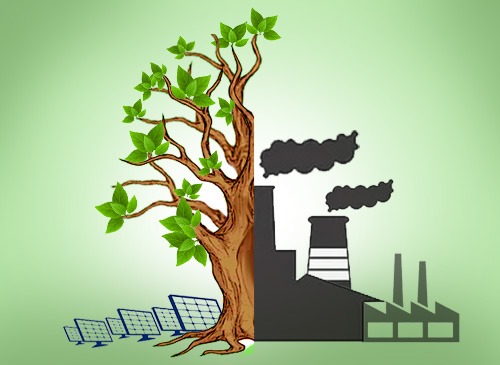The world has arrived at a stage where people are gathering up their tools and gearing up to move forward in their lives after a prolonged period of interruption that drove many to listlessness. However, while the pandemic, in all its severity, might have merely been a concerning halt for some, one that they had the resources to ride over, for others, it was no less than a crippling standstill.
In the face of such an attack on their operations, the resilience of entrepreneurs kept them from giving up. However, it is undeniable that even after surviving such a long-drawn battle, MSMEs are yet to overcome a critical hurdle that stands before them - the struggle for resources. A watertight plan of action is essential to ensure not only the health of MSMEs but also the wellness of society on multiple factors that are largely dependent on the MSMEs such as poverty alleviation, employment, and the recovery of the informal sector economy as a whole.
MFIs play a crucial role in the recovery of MSMEs in the post-Covid-19 era. This is owing to a wide range of reasons, including by not limited to the uninterrupted support of financial resources through these times of setbacks. A lesser-known benefit that MFIs will bring to their MSME family is access to relevant knowledge. MFIs are significantly well placed when it comes to knowing the specifics of functioning in their operational areas. This knowledge includes expertise in identifying the major problems faced in such locations and thereby knowing strategies to optimally overcome those challenges. MSMEs that are associated with us, stand testament to the fact that in addition to financial support, VFS Capital is focused on ensuring that we create a safe space to openly exchange ideas and empower entrepreneurs with the arms to fight the problems that they face in their journey. As opposed to rigid financial infrastructure, MSMEs can avail the advantage of flexibility and cooperation since our ethos is driven by the overall socio-economic upliftment.
To make a mark during these times, MSMEs need to be focused on improving their workflow management to reduce redundant costs and adopt efficient processes. They should open their horizons to the inclusion of new technology, better planning, and innovative solutions.
It is our mission to inculcate a sense of faith in rural entrepreneurs to contribute in their unique way to the global supply chain. While it may seem overwhelming, entrepreneurs need to break down the process into parts and identify the important role that they may play in a large series of processes. If MSMEs are focused on making such conscious efforts backed by self-esteem, innovation, and the will to grow and adapt, they have the calibre to exceed all limitations and achieve monumental goals.







